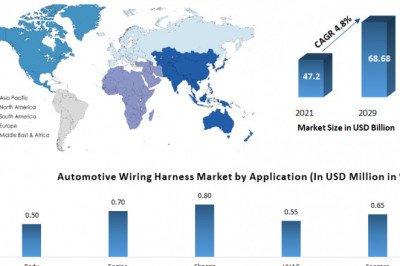
views
The global digital mental health market is projected to grow at a CAGR of 28.6% over the next six years. One of the key factors contributing to the growth of the global digital mental health industry is the implementation and acceptance of addressing core areas of human health and disease, both from a user traction perspective and in terms of evidence generation and investment.
The possibility for digital transformation in mental health is one of the most significant of all of healthcare. This is partly due to the fact that most mental health services are limited to verbal exchanges that may easily be offered. More importantly, it is because in the words of The Lancet Commission on Global Mental Health and Sustainable Development ––“all countries are developing countries”. There exists a gap between what people need and what current systems can give in high-middle-income and low-income nations that can be bridged by a technological revolution in access, quality, and involvement. Digital mental health tools are crucial and are becoming integral part of modern health systems.
Due to significant access barriers of cost and stigma, as well as pharma companies’ struggles to generate effective medications, mental health has not been in a priority for a long time. There is a growing body of empirical evidence that poor mental health can both cause and induce the appearance of other illnesses. The necessity for healthcare stakeholders and consumers to focus on their mental health has been underlined by research at the intersection of inflammation, cognitive function, and numerous disorders. However, globally substantial worries about privacy, data security, and computer safety are impeding the full digitization of healthcare services. An increase in the frequency and complexity of cyberattacks is projected to hinder the worldwide mental health market in the coming years.












Comments
0 comment